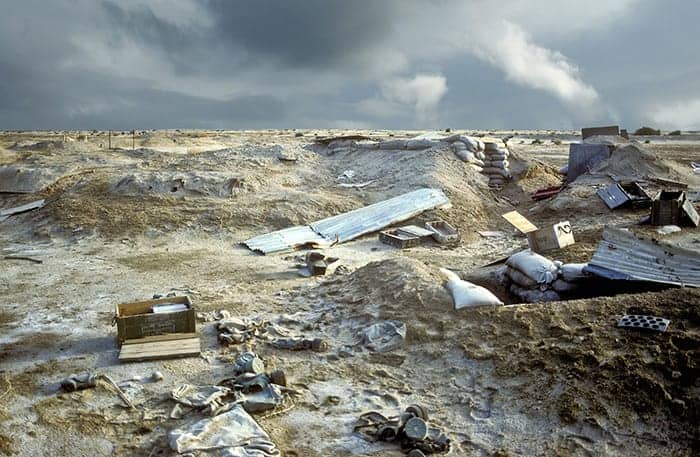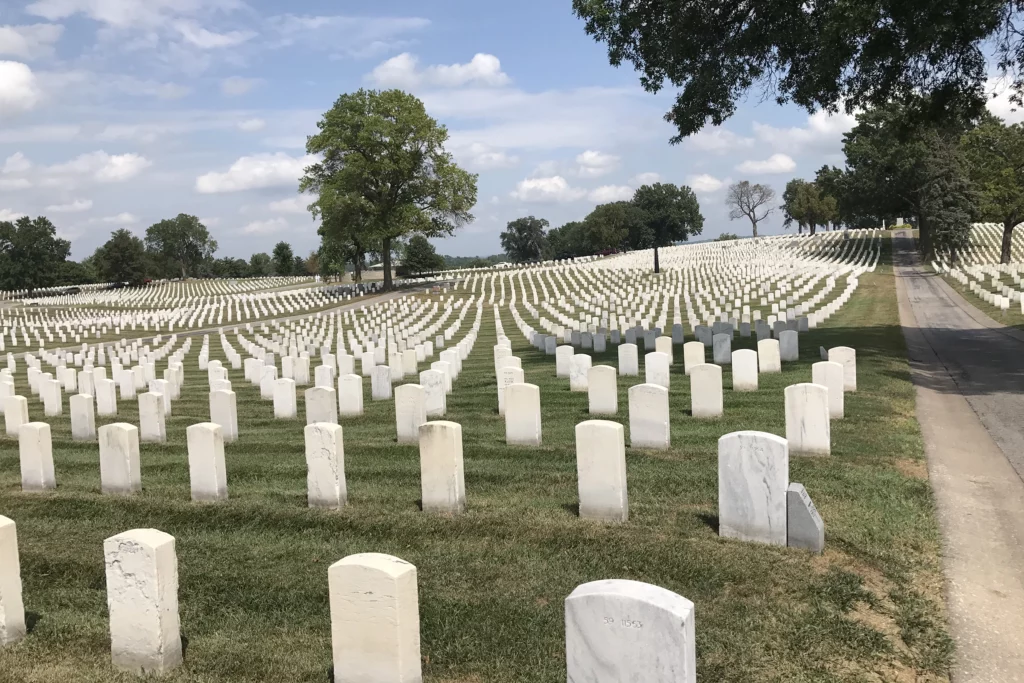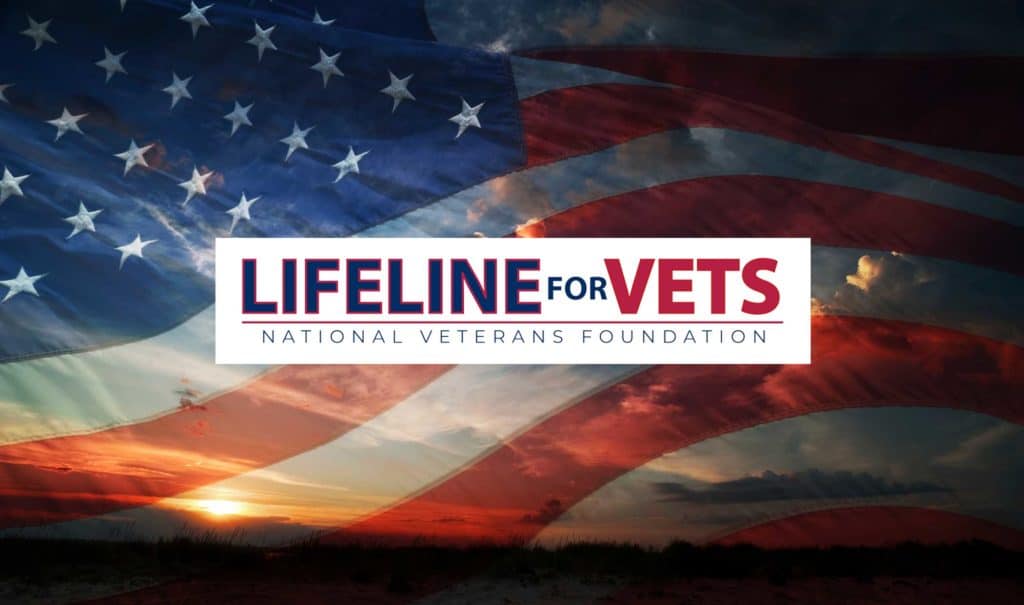What the heck is Gulf War Syndrome?
Gulf War Syndrome, or Gulf War Illness as it is now known, is a chronic multisymptom disorder that affects up to 20 percent of the veterans and civilians that deployed to the Iraq Theater. Although the cause of Gulf War Syndrome is not known for sure, doctors and scientists believe that exposure to certain substances that service members and civilians came into contact with during operations in the region are the root cause.

Unfortunately, the contacted substance has never been adequately determined. Suggested substances include:
- depleted uranium
- sarin gas
- smoke from burning oil wells
- vaccinations
- combat stress
- psychological factors
Because there are so many disorders that share the Gulf War Syndrome label, determining the cause has become a secondary consideration to identifying and treating veterans and civilians who were affected.
Challenges in identification of the Gulf War Syndrome problem
With a list of symptoms that can include “fatigue, headaches, joint pain, indigestion, insomnia, dizziness, respiratory disorders, and memory problems,” Gulf War Syndrome covers a lot of issues. This multisymptom issue has led the Veterans Administration to relabel the illness, again, as Medically Unexplained Illness.
Yet, even with all of the different symptoms that can be present, one factor – being in the Iraqi Theater during the First Gulf War – links all of these problems to a common cause. The search for that cause has led some scientists and doctors into studying the affected veteran’s cells to find the cause for the disorder.
Looking at the cells
Almost two years ago, a study of Gulf War veterans, matched up with a control group with similar profiles, showed that six out of seven veterans with Gulf War Syndrome had a significant lack of phosphocreatine recovery after exercise. Phosphocreatine is instrumental in replenishing the energy of cells and the lack signified mitochondrial dysfunction in Gulf War Syndrome sufferers.
Although the active substance that caused the problem was not identified, Dr. Beatrice Golomb, a researcher at the University of California, San Diego School of Medicine, and a medical doctor, said, “We know that mitochondrial dysfunction is triggered by some of the classes of chemicals that show the strongest epidemiological link to Gulf War Illness.”
Searching for the link
Knowing the link between Gulf War Syndrome sufferers is not enough, however. Finding the cause of the problem is still necessary to curing it. Although the environmental factors surrounding the fighting in the Gulf War might be part of it, it doesn’t explain the illness in detail.
In January 2015, however, the link may have been identified. According to a study done at Baylor University, Pyridostigmine Bromide (PB) pills – issued to the troops as an anti-nerve agent during the Gulf War – may be the common cause behind Gulf War Syndrome. The study found that veterans who had a genetic variant that makes it difficult to metabolize Pyridostigmine Bromide were forty times more likely to suffer from Gulf War Syndrome.
The findings from the study have not been completed, but it is another step in the long road to understanding and treating the veterans and civilians who suffer from Gulf War Syndrome.
Make a difference in a vet’s life. We are veterans helping veterans.
Sources
Veteran’s Administration, Research Advisory Committee on Gulf War Veterans’ Illnesses, Gulf War Illness and the Health of Gulf War Veterans, 2008 [https://www.va.gov/gulfwaradvisorycommittee/docs/GWIandHealthofGWVeterans_RAC-GWVIReport_2008.pdf]
Veterans Administration, Gulf War Veterans’ Medically Unexplained Illnesses [https://www.publichealth.va.gov/exposures/gulfwar/medically-unexplained-illness.asp]
PLOS One, Mitochondrial Dysfunction in Gulf War Illness Revealed by 31Phosphorus Magnetic Resonance Spectroscopy: A Case-Control Study, Hayley J. Koslik, Gavin Hamilton, Beatrice A. Golomb, March 27, 2014 [https://journals.plos.org/plosone/article?id=10.1371/journal.pone.0092887]
Newsweek, For Soldiers with Gulf War Illness, a Clue to the Mystery in Their Cells, Rob Verger, March 2014 [https://www.newsweek.com/sick-soliders-gulf-war-illness-clue-mystery-their-cells-238850]
Baylor University, Baylor Scientist Finds First Direct Evidence of Gene-Exposure Link in Gulf War Illness, Tonya B. Lewis, January 2015 [https://www.baylor.edu/mediacommunications/news.php?action=story&story=151171]
You can be a part of our mission to help Veterans by making a tax-deductible donation!
About the Author
SUBSCRIBE TO OUR BLOG AND NEWS!
By submitting this form, you are granting: NATIONAL VETERANS FOUNDATION INC permission to email you. You may unsubscribe via the link found at the bottom of every email. (See our Email Privacy Policy for details.)
Related Posts





